
❝Recently in the article about using laravel to implement rabbitmq, I encountered some problems when implementing the routing mode, focusing on the problem of command line parameter passing.
❞
You can find it in this code I saw an undefined variable $argv. To be honest, I have used the framework so much that I don’t even know what this thing is.
Kaka uses the laravle framework, and undeclared variables will directly report an error.
But this instance is indeed needed in routing mode, and it cannot be executed once to modify itrouting_key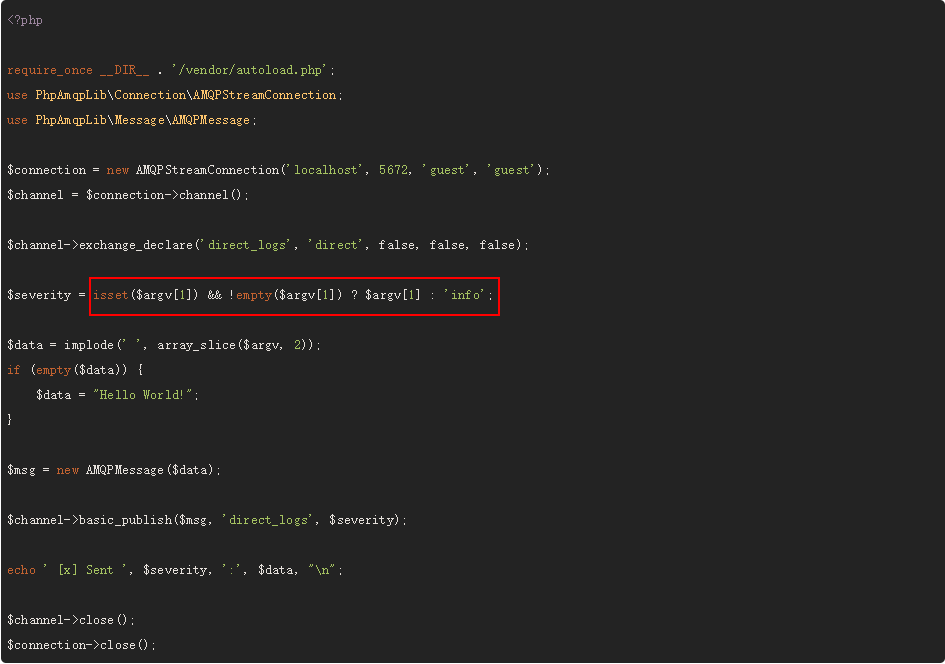
php argv, a clear explanation appeared in front of me. This guy is used to pass parameters to the script. ! Without further ado, first create a php file and then test it. 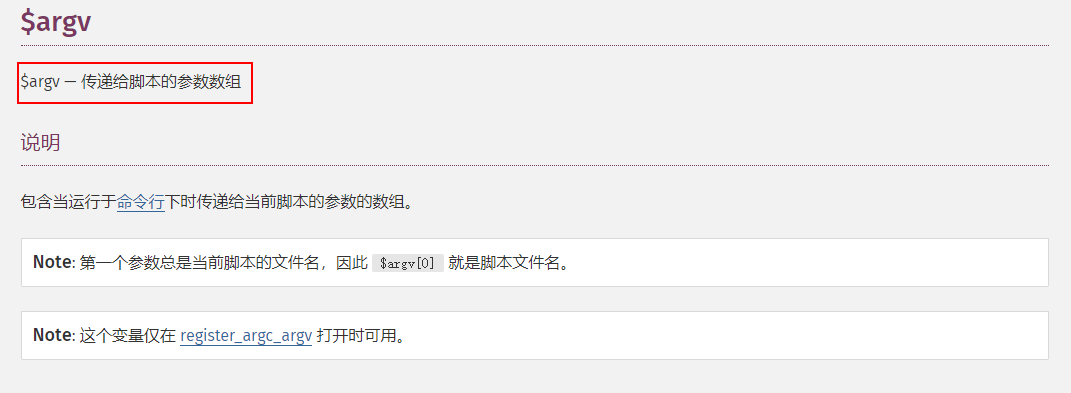
Create an index.php file in the web directory, and then print out $argv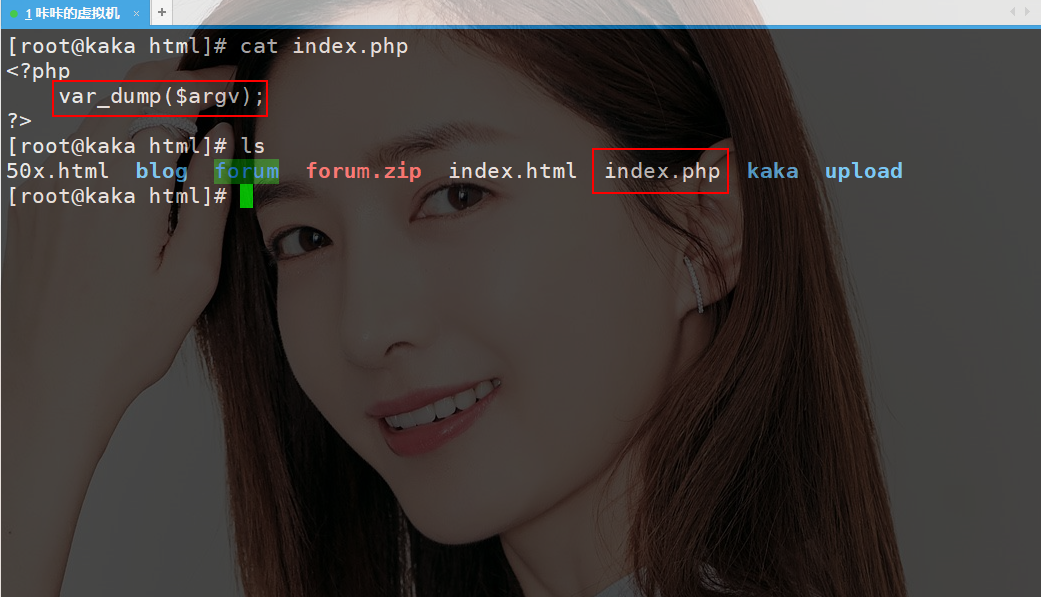 to execute index.php and execute the command
to execute index.php and execute the command php index kaka.
This is a bit interesting. The printed data is in the array form mentioned in the above information.
The first value is the file name to be executed, and the second parameter is the parameter carried to the script. 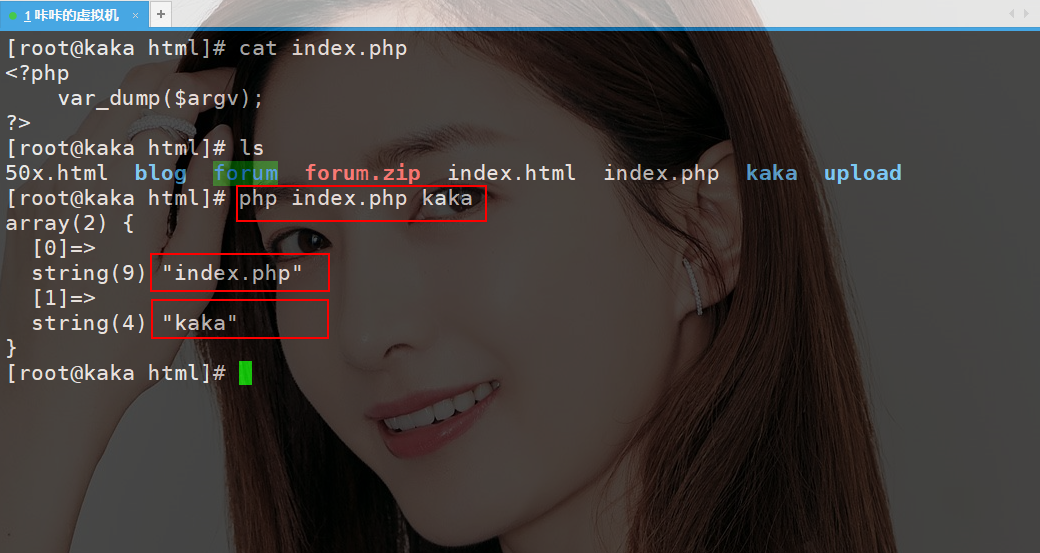 At this time, go back and take a look at the rabbitmq code.
At this time, go back and take a look at the rabbitmq code.
The data with index 1 is fault-tolerant, and this value is the required routing_key. 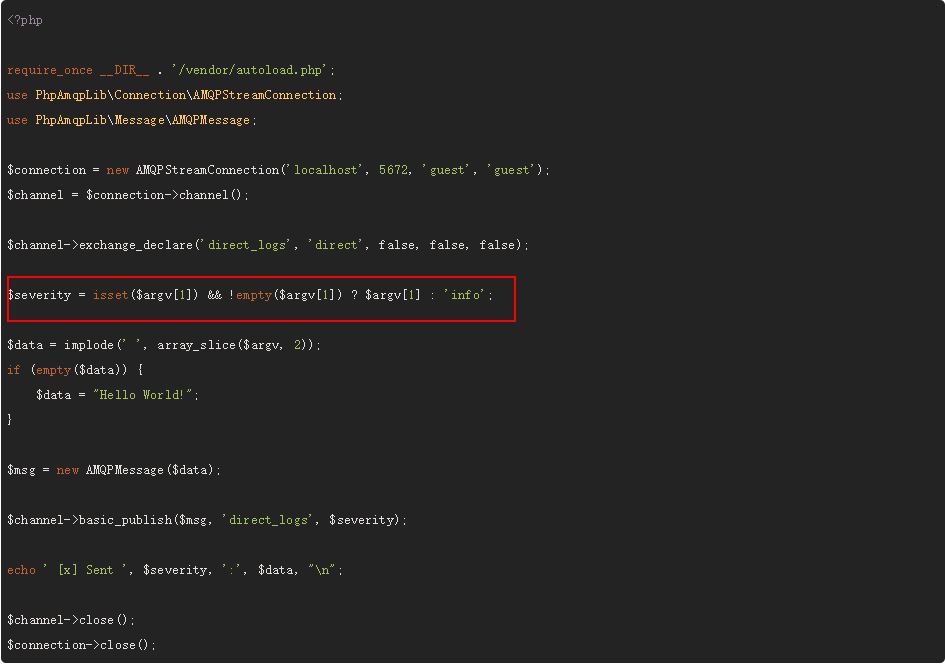 Looking at the execution instructions given later, it is not difficult to understand why it is executed like this.
Looking at the execution instructions given later, it is not difficult to understand why it is executed like this. 
Life has to go on, and the code still has to go on You have to masturbate, right? If you use a framework, you have to adapt to the usage of the framework.
Create a command firstphp artisan make:command TestCommand You can then see the TestController file.
You can then see the TestController file.
signature is the command name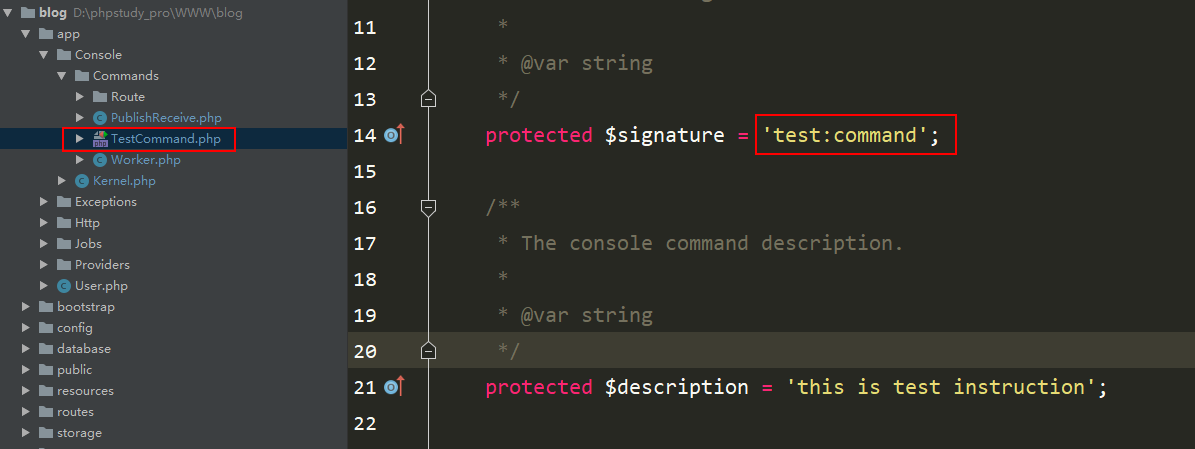 Execute it first!
Execute it first! php artisan test:command, this 123 is in the handle method below Execute the command with parameters in laravle
Execute the command with parameters in laravle
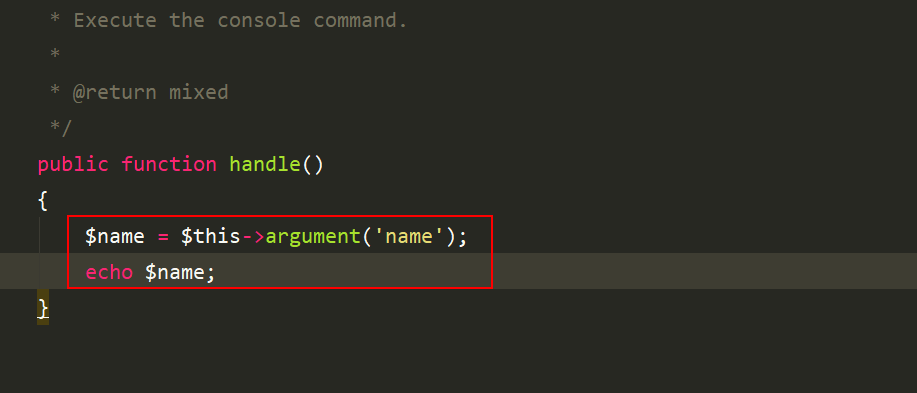 Execute the command
Execute the commandphp artisan test:command kakaSee what happens.
Yes! It is the parameter after the instruction.
There are several ways to use Laralve to carry parameters. I won’t demonstrate them here. It’s very simple! 
The above is the detailed content of I only learned about $argv after working for two years, which means it's very low!. For more information, please follow other related articles on the PHP Chinese website!